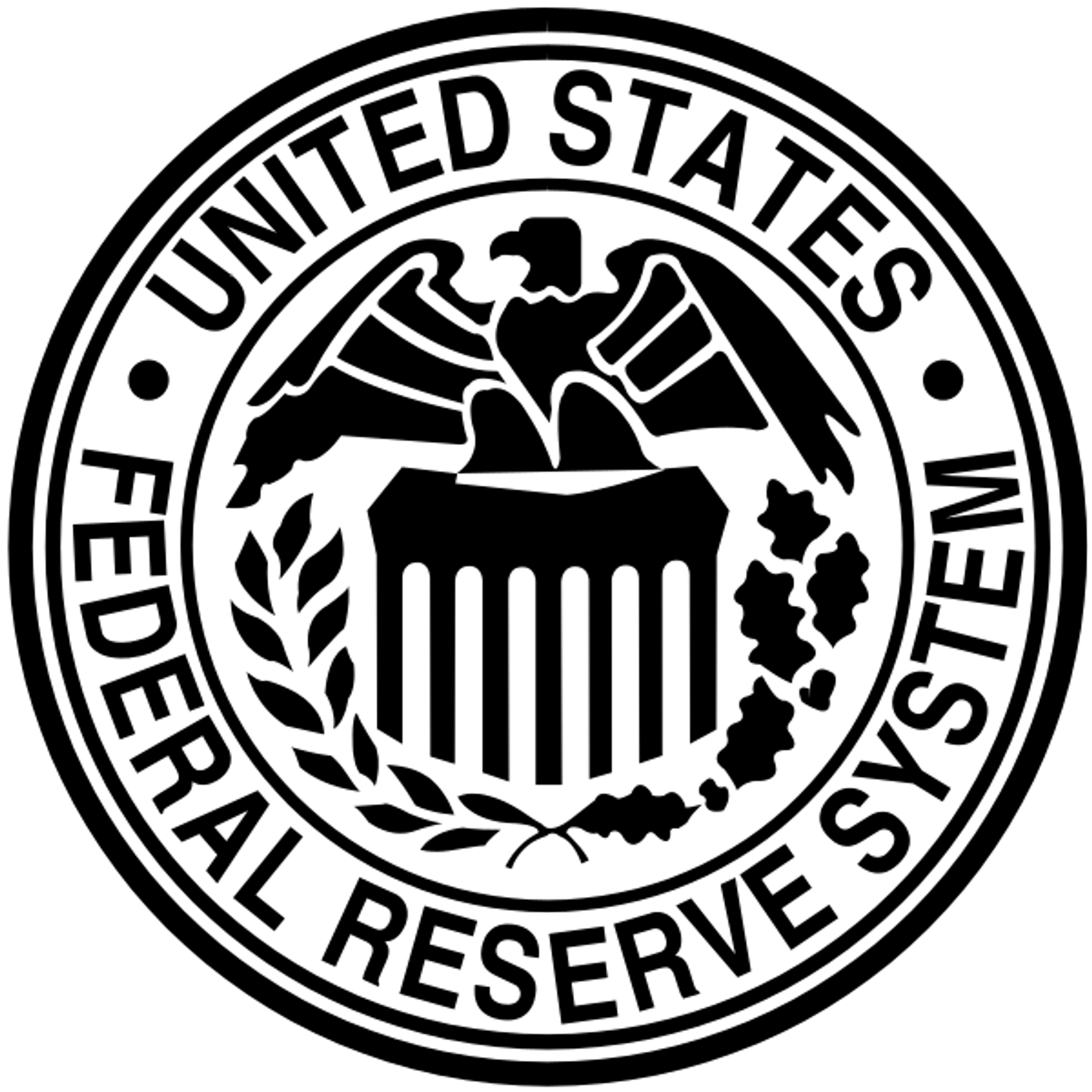
Central Bank
What do people say about Central Bank?
Sweden's central bank is viewed with skepticism by the public, largely due to its perceived failure to effectively manage inflation and interest rates. Many citizens feel that the bank has lost touch with the realities of everyday life, leading to a lack of confidence in its policies. The central bank's decisions are often seen as reactive rather than proactive, contributing to economic instability. There is a growing call for more transparency and accountability, as the public demands a bank that prioritizes their needs over abstract financial metrics.
Where are the conversations happening?
The primary sources of criticism appear to be from economic analysts and public opinion surveys that highlight dissatisfaction with the central bank's performance. Outlets like Dagens Nyheter and Svenska Dagbladet have published articles detailing the disconnect between the central bank's policies and the public's financial realities, while economic forums frequently discuss the need for more robust and transparent actions from the institution. These sources suggest that critical discussions are centered around accountability and policy effectiveness.
What are the topics trending around Central Bank?
Topics around inflation control, financial stability measures, and public trust in financial institutions are emerging discussions that directly impact the central bank's role.
Why are these topics trending?
These topics are trending as citizens express concerns over rising inflation and the central bank's ability to respond effectively. The dialogue reflects a demand for more proactive measures and a reconsideration of current monetary policies to restore public confidence.
How is Central Bank being talked about?
Detailed breakdown of public sentiment and conversations about this entity.
Impact vs Sentiment
See how each entity's high impact percentage relates to their positive sentiment percentage from actual mentions.




